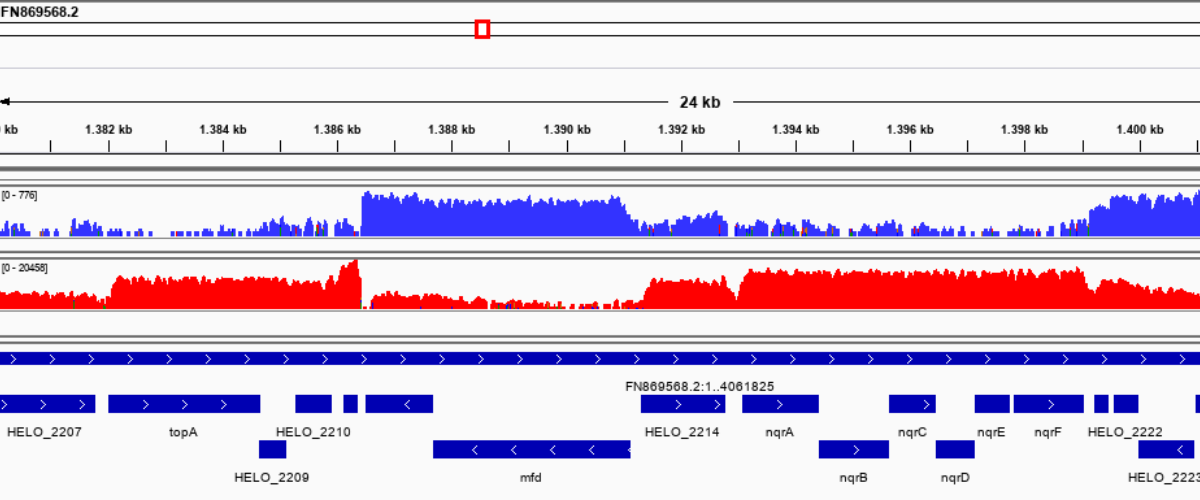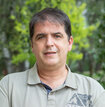Technical scientific services
Bioinformatics and Computational Biology (BIO2COMP)

Service located in the Biomedicine building that offers training, consultancy and analysis in bioinformatics and computational biology.
Services
1.- In Bioinformatics
Training and consultancy
- Consultancy services to researchers for the approach of bioinformatics activities in the application for project funding and in the planning of their experiments with a view to an adequate subsequent bioinformatics treatment.
- Personalised and group training in bioinformatics and mathematical modelling.
- Advice and support to users of bioinformatics tools and methods.
Standard analysis
- De novo assembly and annotation of prokaryotic genomes.
- Reference genome variant analysis in prokaryotes and eukaryotes.
- Gene expression analysis (MicroArray & RNAseq) for identification of differentially expressed genes.
- Analysis and optimisation of expression of biological sequences (use of most frequent codons).
- Modelling and prediction of protein structures.
- Data visualisation in maps of biological networks.
Specialised analysis
- Qualitative and quantitative analysis of results of omics experiments.
- Data analysis.
- Other non-standard projects.
2.- In Computational Biology
Training and consultancy
- Consultancy services to researchers for the approach of computational biology activities in the application for project funding and in the planning of their experiments with a view to an adequate subsequent bioinformatics treatment.
- Personalised and group training in computational biology methods.
- Advice and support to users in the use of mathematical modelling software in biology, biomedicine and biotechnology.
Specialised analyses
- Creation of "digital twins" of biological processes for analysis and optimisation.
- Compartmental modelling.
- Sensitivity analysis and evaluation of 'what if...' scenarios. (in silico experiments).
Equipment
- 2 Servers, each with 2 Intel Xeon processors (24 compute nodes) at 2.0 GHz, 124 GB RAM, for intensive calculations.
- 4 HP Z series workstations, with Intel Xeon processors and 8 computation nodes.
- 3 HP high-performance PCs.
Contact details

Rui Carlos Vaqueiro de Castro Alves
973 702 425
rui.alves(ELIMINAR)@udl.cat
Department of Basic Medical Science
Faculty of Medicine / Edifici Biomedicina / Laboratory 4.11
Av. Rovira Roure 80, 25198 Lleida
Team
-

Rui Carlos Vaqueiro de Castro Alves
-
Jorge Sebastian Comas Pereyra
-
Alberto Marin Sanguino
-

Albert Sorribas Tello
-

Ester Vilaprinyó Terre






